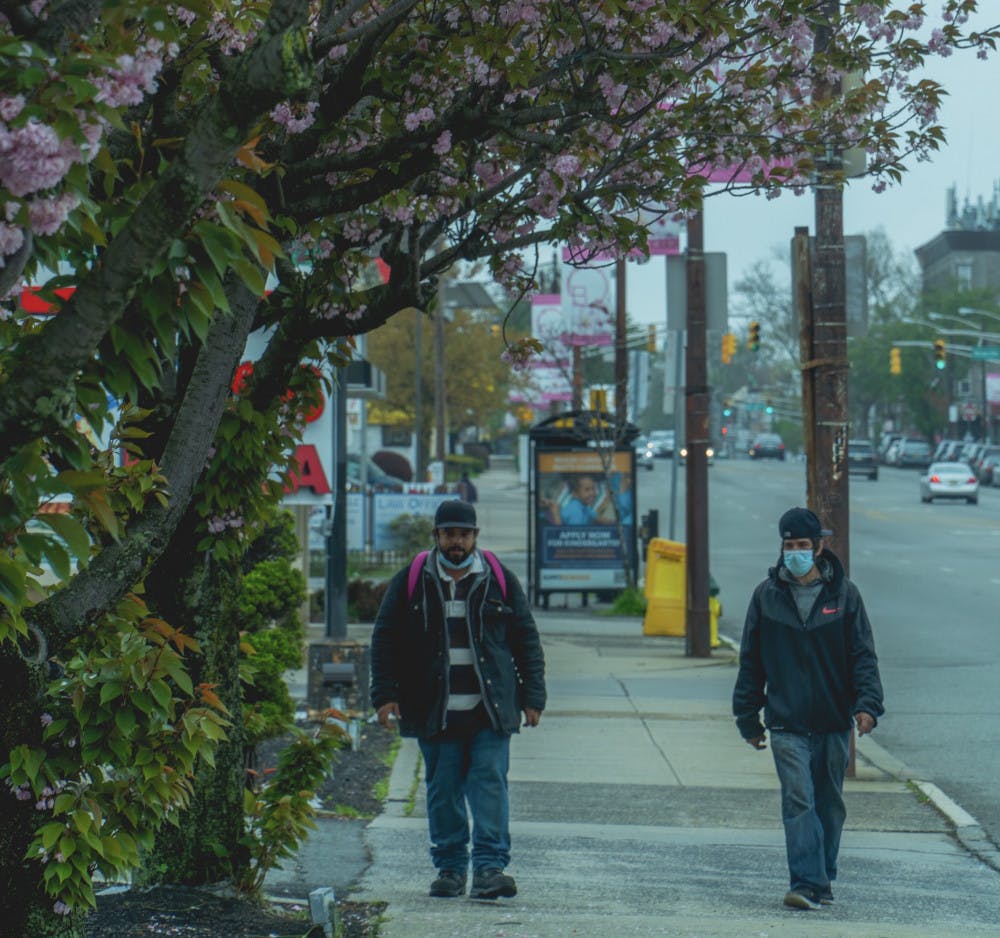By JD Flores
Correspondent
The end of the semester has finally arrived –– a time when most students relax and unwind in the increasingly warm weather. But due to the active pandemic, students can’t enjoy the luxury of going to the beach, movies or even stores without severe restrictions. Other than the end of the semester and the brink of summer, May also brings with it National Mental Health Month.
“It’s tough out here,” said Brianna Bentley, a rising sophomore biology major. “It’s different going from seeing your friends and co-workers every day and being involved in class to switching to a computer screen out of nowhere.”

National Mental Health Month was established in 1949 by Mental Health America (MHA), and is nationally recognized. MHA has roots stemming back to 1909, and is the largest non-profit organization that advocates for people living with mental illnesses. But with everyone quarantined in the walls of their homes, mental health awareness has taken on a new meaning.
“Everything is just different now,” said Bryce Holley, a rising sophomore psychology major. “Personally I’m not struggling, but I know some people who do not have the best home environment when it comes to doing homework or studying. A lot of peoples’ grades are slipping, and I’m seeing it causing a lot of stress for my friends.”
The COVID-19 pandemic has caused isolation upon thousands of students, forcing some to acknowledge their mental health more than they would have before.
While proving beneficial, staying cooped up inside is not the best for mental stability, according to Dr. Stephen Illard, an associate professor at the University of Kansas. Isolation can take a greater toll on those who have previously been diagnosed with depression.
“‘When the pandemic wanes and most Americans return to work and school, disillusionment, depression and despair will likely arise for some people,’” said Jerry Reed, the senior vice president at the Education Development Center and a member of the National Action Alliance for Suicide Prevention, according to the Pew Research Center. “‘That’s when we could see an increase in suicides.’”
At the College, Mental Health Services (MHS) is still offering off-campus services that can be found at caps@tcnj.edu, or at 609-771-2247. If you or a loved one are ever in an emergent situation, the National Suicide Prevention Lifeline’s number is 1-800-273-8255.







